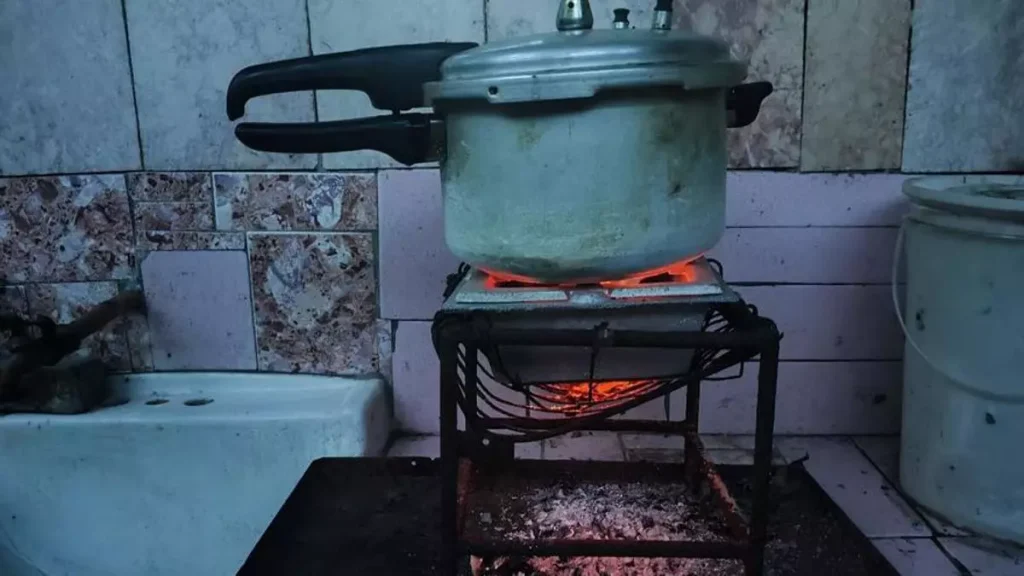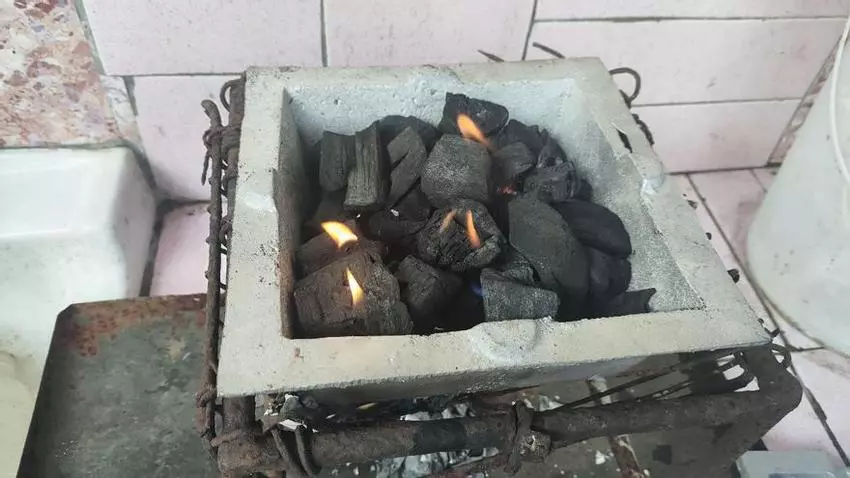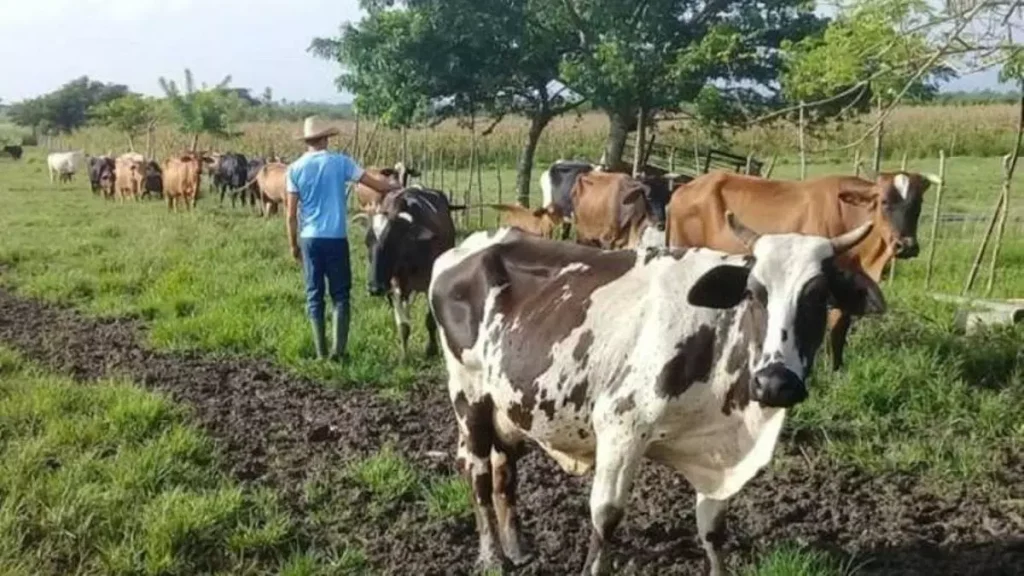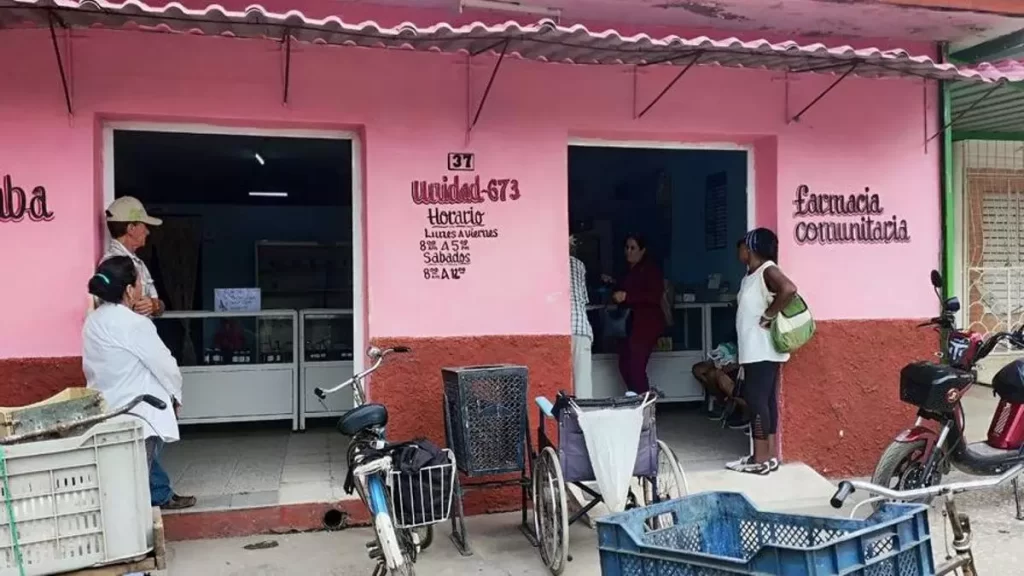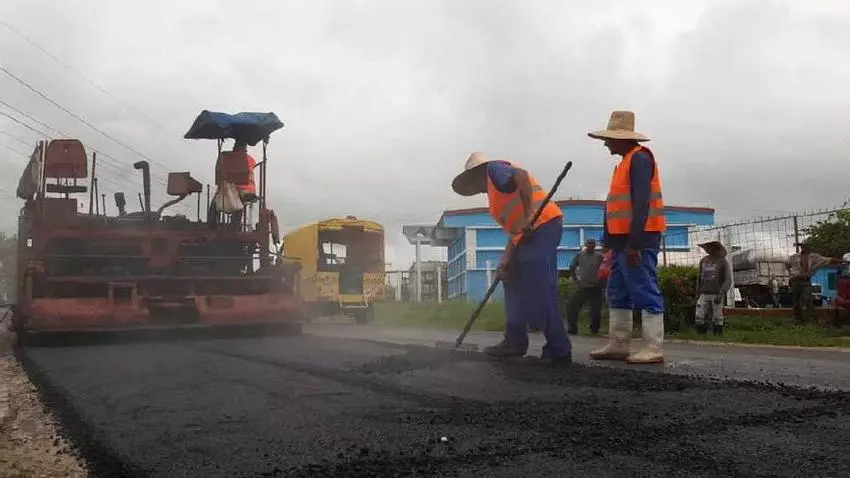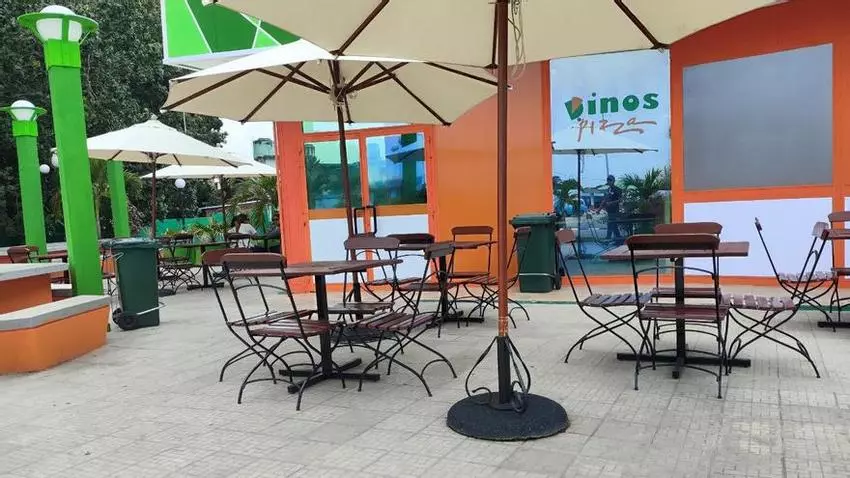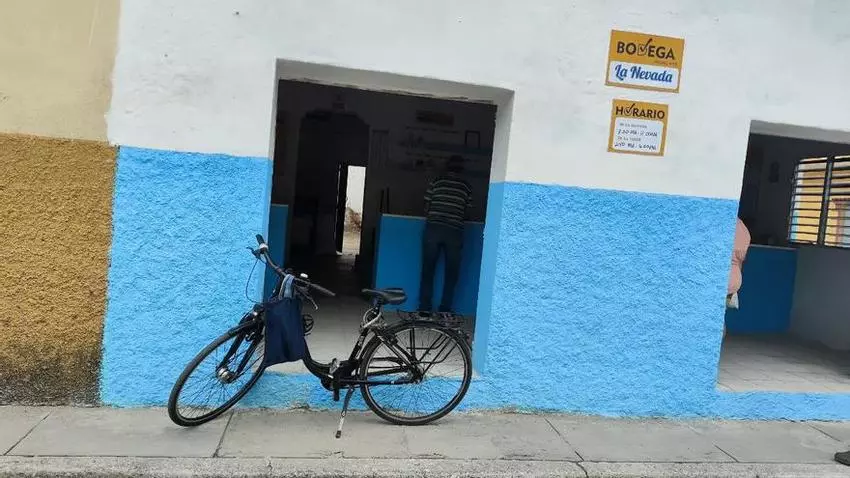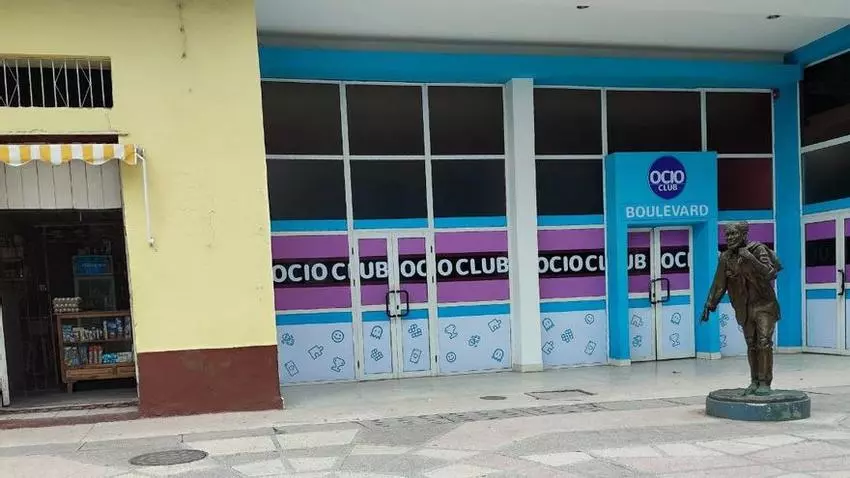
![]() 14ymedio, Mercedes García, Sancti Spíritus, 24 October 2024 — Nothing in the streets of Sancti Spíritus suggests that, as the state press states, life has returned to normal. The reconnection of the National Electric System (SEN) did not take the city out of the blackouts but merely returned it to the system of “rationed” cuts that it has been suffering for months. With the beginning of the school year scheduled for this coming Monday and the few services that have reopened, the streets remain almost empty. Only one place gives signs of life: the gas lines where Cubans gather daily to try to buy “a little something.”
14ymedio, Mercedes García, Sancti Spíritus, 24 October 2024 — Nothing in the streets of Sancti Spíritus suggests that, as the state press states, life has returned to normal. The reconnection of the National Electric System (SEN) did not take the city out of the blackouts but merely returned it to the system of “rationed” cuts that it has been suffering for months. With the beginning of the school year scheduled for this coming Monday and the few services that have reopened, the streets remain almost empty. Only one place gives signs of life: the gas lines where Cubans gather daily to try to buy “a little something.”
“For days there has been the same crowd of people at the points of sale. The tickets for the application to buy are still suspended, and that forces people to go every day to check that they are on the list and look at what number they can get for a turn in line,” says Luis, a resident who, in recent days, has had to get up at the crack of dawn on several occasions to try to buy propane. “Yesterday I even fell asleep in line; that’s how tired I was.”
“The SEN was fixed, but here they continue to turn off the electricity in blocks as before. Therefore, those who do not have propane risk being left without cooking or heating water,” he explains. The places where charcoal is sold are also scarce, “although a bag has gone up to 2,000 pesos.”
The only option to eat when you don’t have electricity or propane, says Luis, are the places that sell broth. “Yesterday I went to the agricultural square and came across some broth being made on top of stones with a lot of sticks serving as firewood. One little glass was 32 pesos.”

Luis, therefore, has become one more of the hundreds of Cubans, mostly elderly, who crowd in front of points of sale for propane to try to get their name on the list of buyers. Carrying cylinders in wheelbarrows, on bicycles or in tow, Cubans settle on sidewalks or on the tanks themselves to wait long hours. The pose and age change, but the expression of helplessness on their faces is the same.
“I now managed to sign up, but I have about 1,000 people in front of me, and when the list reaches 1,500 it restarts. The lucky ones were the first to be able to add their names on Wednesday, because in the morning 100 cylinders came in, 15 of them authorized for state entities and five for the physically disabled. The remaining 80 were for the population,” Luis said, aware that the amount is insufficient.
“According to my calculations, from how the line has progressed so far, I should get the propane in about 20 days. I’m praying that it doesn’t end and they don’t stop bringing it,” says Luis, who knows that “the regime is limping along on its last legs.”
Just a few weeks ago, in early October, the Government managed to pay for the liquefied gas that is now being distributed on the Island. Before its arrival, the shortage kept many Cubans awake, and after the ship was able to dock, the distribution became “complex” due to bad weather caused by a cold front that arrived from the western provinces. “Cured of fright,” Luis knows that those situations, far from being exceptional, are quite frequent on the Island.

Like Sancti Spíritus, in other provinces there have also been long lines to buy the product. This is the case of Holguín, reported by this newspaper, where residents went to the points of sale in search of a means to cook during Hurricane Oscar’s passage. Many did not get to buy then, and the lines are still as long as at the beginning.
In the middle of the week, and with the alleged return to normalcy that the regime announced in its official media, no students or passers-by circulate in Sancti Spíritus. Only some employees that the Government described as “essential” continue to go to work.
The provincial bus terminal on Wednesday afternoon was completely dark with no service, and with the lack of fuel, hardly any vehicles circulated on the main roads. In his round-trip walks to the point of sale, Luis has found himself in a desolate city, “as if the hurricane had passed through here and not through the east.”
Translated by Regina Anavy
Translator’s note: ‘Alumbrón‘ is a coined Cuban word referring to the time when the light (electricity) is ON, that is the opposite of ‘apagones’ – blackouts. It comes from the verb ‘alumbrar’ which means to be bright or give off light.
____________
COLLABORATE WITH OUR WORK: The 14ymedio team is committed to practicing serious journalism that reflects Cuba’s reality in all its depth. Thank you for joining us on this long journey. We invite you to continue supporting us by becoming a member of 14ymedio now. Together we can continue transforming journalism in Cuba.




